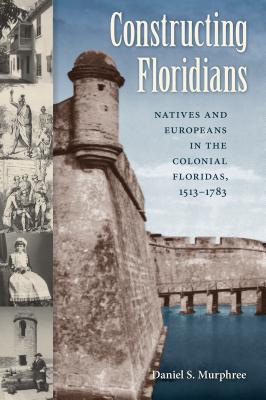Expedite your nonfiction book discovery process with Readara interviews, summaries and recommendations, Broaden your knowledge and gain insights from leading experts and scholars
In-depth, hour-long interviews with notable nonfiction authors, Gain new perspectives and ideas from the writer’s expertise and research, Valuable resource for readers and researchers
Optimize your book discovery process, Four-to eight-page summaries prepared by subject matter experts, Quickly review the book’s central messages and range of content
Books are handpicked covering a wide range of important categories and topics, Selected authors are subject experts, field professionals, or distinguished academics
Our editorial team includes books offering insights, unique views and researched-narratives in categories, Trade shows and book fairs, Book signings and in person author talks,Webinars and online events
Connect with editors and designers,Discover PR & marketing services providers, Source printers and related service providers

Constructing Floridians: Natives and Europeans in the Colonial Floridas, 1513-1783
History > United States - Colonial Period (1600-1775)
- University Press of Florida
- Paperback
- 9780813064529
- 9.02 X 5.98 X 0.46 inches
- 0.66 pounds
- History > United States - Colonial Period (1600-1775)
- (Single Author) Asian American
- English
Readara.com
Book Description
Constructing Floridians explores the origins of racialization in peninsular Florida and its hinterlands during the 300 years prior to the founding of the United States. Focusing not on a single ethnic or cultural community but on all the major groups in the region during the colonial period, this sociocultural study of Europeans and native tribes examines the processes by which the peoples of Spain, France, and Great Britain and half a dozen Florida tribes--the Gulaes, Calusas, Timucuans, Apalachees, Creeks, and Seminoles--forged understandings of one another and themselves through their individual and collective ideas and activities.
Murphree argues that the Europeans, frustrated by their inability to tame the peninsula, blamed the natives for their problems. Emphasizing how environmental limitations and repeated colonial failures contributed to increasingly negative perceptions and characterizations of American Indians--which the Europeans attributed to perceived racial differences--he contends that barriers between the Europeans and the Indians hardened over time. Surveying the evolution of relationships from the era of early Spanish exploration to the American Revolution, this work offers new perspectives through which to view European conceptualizations of Indians, illuminates specific native roles in molding a backcountry society, and reconsiders overall North American population interaction during the period. The story of Florida's past through a perspective rarely applied to the peninsula or its borderlands should appeal to audiences interested in Florida's colonial development, Native Americans in the region, or issues of race and identity in early modern history.
Author Bio
Daniel S. Murphree is associate professor of history at the University of Central Florida and teaches about the history of Native Americans.
Professor Murphree received the Florida Book Awards – “Silver Medal” - Nonfiction Category (2007) * and the Florida Historical Society – “Harry T. and Harriette V. Moore Award” (2007)
Research Interests
Native American Studies ? Scholarship of Teaching and Learning ? French and Spanish Borderlands ? U.S. South ? Trans-Appalachian Frontier ? The Atlantic World ? Colonial North America ? United States - Early National Period ? Caribbean-Gulf History ? Florida History
Education
- 2001 Ph.D. Florida State University, History
- 1996 M.A. Florida State University, History
- 1993 B.A. Auburn University, History
Videos






Community reviews
No Community reviews

